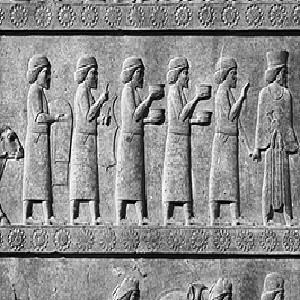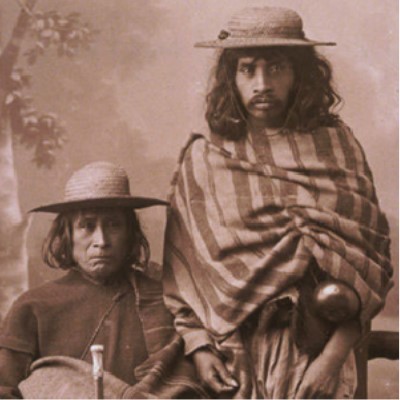Browse
Imperial/ Colonial

Review
Viettouch
Some of the sections under the “Literature” and “History” categories are largely written in Vietnamese and may, therefore, be inaccessible to students. However, the vast majority of the site is in English and well worth a careful read.
Review
Journeys in Time, 1809 – 1822: The Diaries of Lachlan and Elizabeth Macquarie
In teaching world history courses, this site would contribute to understanding the nature of British imperial expansion in the Pacific and the business of colonial governance.Review
RBI Monetary Museum Galleries
The wide selection of currencies and time periods make this useful for classroom instruction and for generating discussion.
Review
Oriental Institute Museum Photographic Archives
These photographs are invaluable sources for teachers who wish to illustrate lessons about the ancient civilizations of the Middle East or discussions about archeological research.
Review
Mesoamerican Photo Archives
The excellent images provided here can serve as a stimulus to further research for students interested in Mesoamerican history and in broader comparative history.
Source
The Florentine Codex
This is an excerpt from the twelfth book of the Historia general de las Cosas de Nueva España (General History of the Things of New Spain), an encyclopedic work about the people and culture of central Mexico compiled by Fray Bernardino Sahagún (1499-1590).

Source
The True History of the Conquest of New Spain
This is an excerpt from the Historia Verdadera de la Conquista de la Nueva España (The True History of the Conquest of New Spain) by Bernal Díaz del Castillo (1492-1581).
Review
Decisions of the Superior Courts of New South Wales, 1788-1899
Legal records are a key resource in gaining access to the voices of the non-elite, providing a rich repository of the details of life in the period. The subject index is particularly useful in drawing themes together for teaching.Review
Guaman Poma - El primer nueva corónica y buen gobierno
This digital version of Guaman Poma’s manuscript provides teachers and students with an opportunity to think about the relationship between events and the way that they are recorded, and about the materials that historians use to interpret the past.
Review